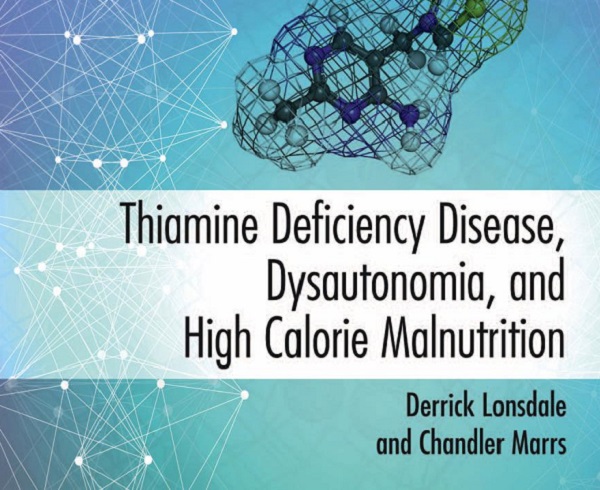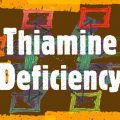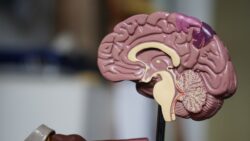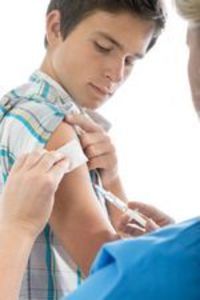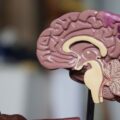This book by Lonsdale D, and Marrs C, is available on Amazon books. It is published by Elsevier. Written particularly for physicians who are practicing in the field of Integrative Medicine, it would be of interest to the educated public, particularly those affected by chronic disease.
Beriberi, the classical thiamine deficiency disease, long known to have been caused by consumption of white rice, is thought to have been abolished in developed cultures. It is actually widespread in America due to the colossal ingestion of sugar and is usually diagnosed as psychosomatic disease. Because the standard laboratory studies are negative or nonspecific, it is assumed that no organic disease is responsible.
Beginning with a review of the many symptoms of beriberi, it is described as the “great imitator” of a large number of disease conditions, each of which is thought to have its own etiology. It is relevant in all mitochondrial disease, because thiamine sits astride the vital initiation of energy synthesis. Thiamine deficiency interferes with carbohydrate, fat and protein metabolism, but is particularly important in the etiology of diabetes, types I and II and metabolic syndrome. It also has a place in the etiology of Alzheimer disease and may have an important part to play in cancer.
Evidence is provided to show that the relatively new science of epigenetics is crucial to the understanding of the part played by nutrition and lifestyle in genetic function. If the early symptoms of nutritional deficiency are treated symptomatically and high calorie malnutrition continues, the result is an array of chronic brain diseases. When thiamine deficiency was discovered as the cause of beriberi, the early investigators recognized that therapeutic doses of the vitamin involved the administration of 100-300 mg a day for months. The book reviewed here should be in the library of any Integrative Medicine physician.
Publisher Discount
The publisher is offering a 30% discount off of the list price and free shipping if the book is ordered from their site. Just click the link below enter the promotional code ATR30 at checkout.
Thiamine Deficiency Disease, Dysautonomia, and High Calorie Malnutrition
The discount does not apply to Amazon orders.
For a preview of the book, click the preview button under the right side bar image.
